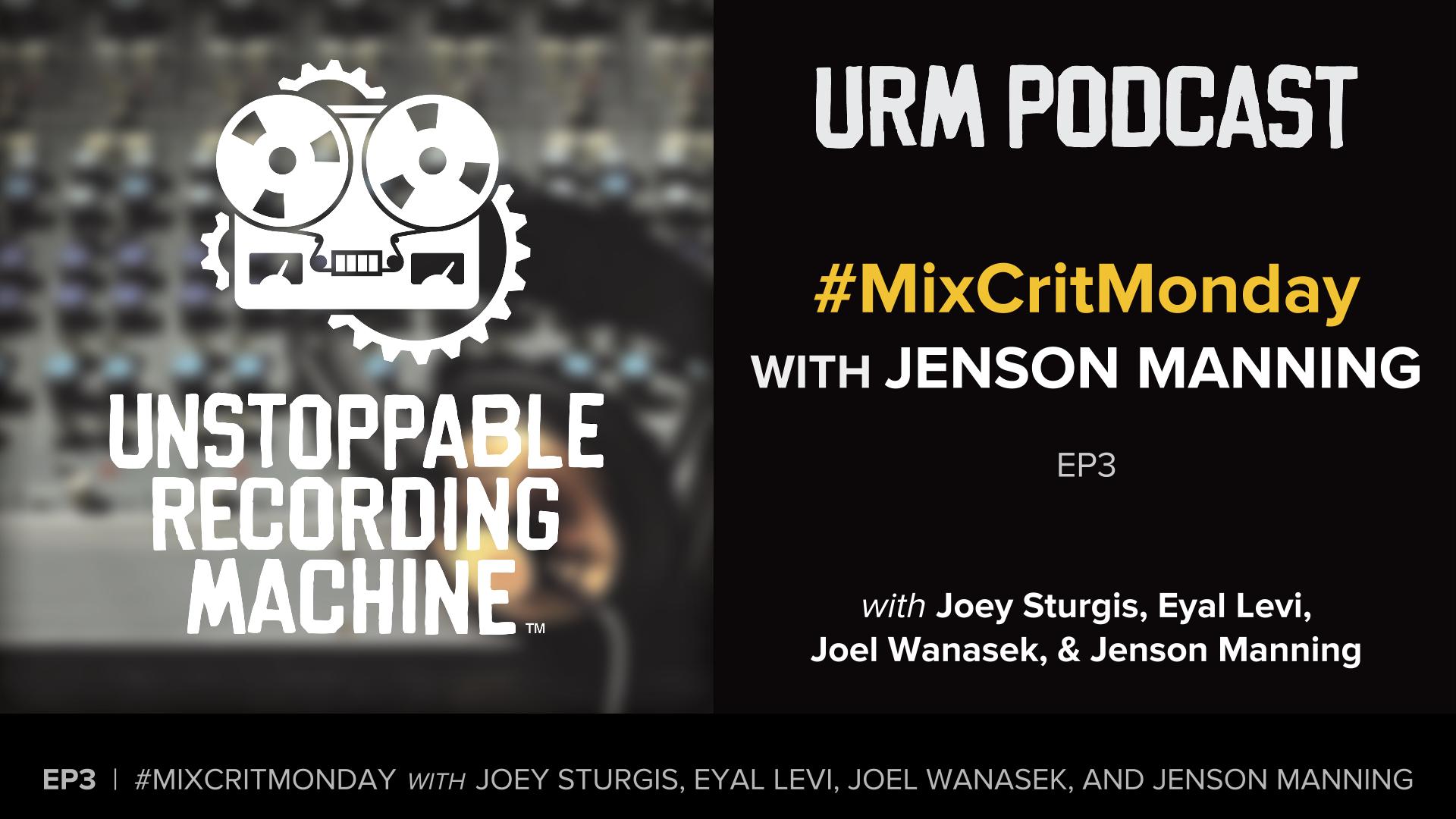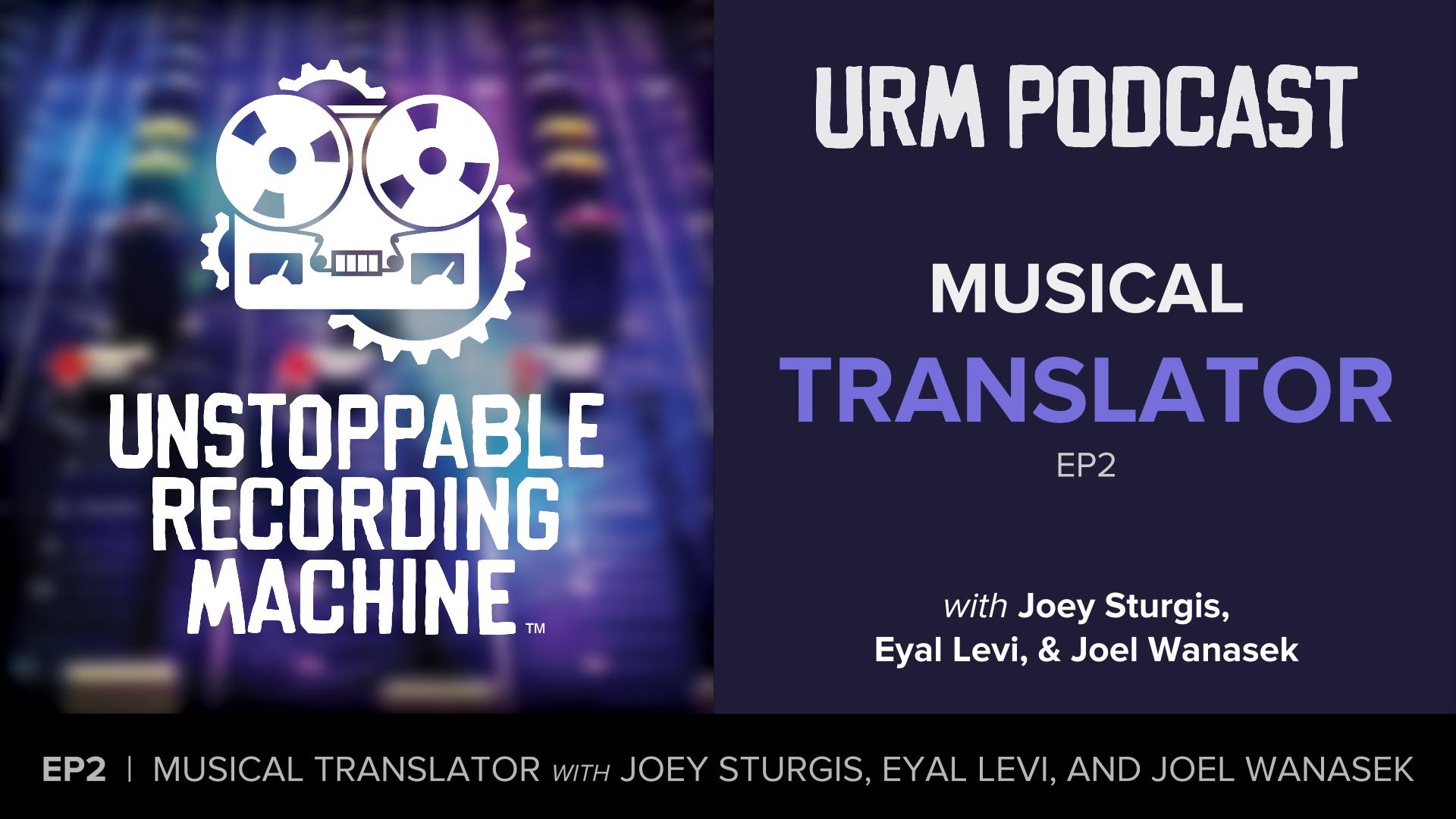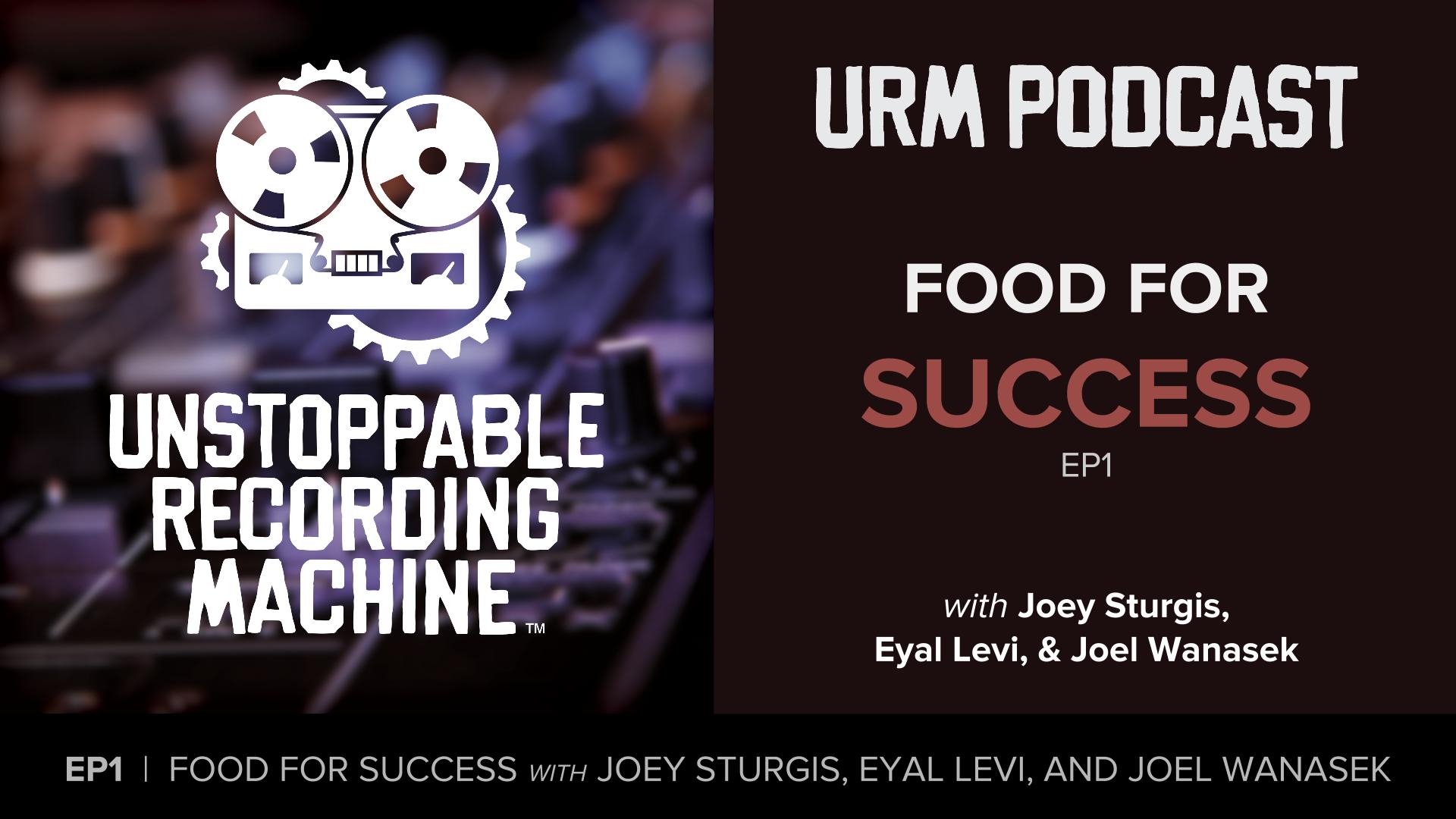This episode’s guest is Jenson Manning, an aspiring producer and mixer from Montana who is working on building his portfolio by mixing raw tracks from other studios to hone his craft and start his career in the industry.
In This Episode
Hosts Joey Sturgis, Joel Wanasek, and Eyal Levi jump into another edition of #MixCritMonday with guest Jenson Manning. The crew gets deep into the technical side of Jenson’s mix, providing a masterclass on tackling some of the most common issues that plague modern metal productions. They diagnose an unruly low end that swallows the mix and discuss killer strategies for getting bass under control with compression, limiting, and bus processing. The conversation then shifts to a lack of transient impact, exploring why the snare sounds “pancaked” and how mastering settings, drum sample phase alignment, and the right use of clippers can fix it. They also break down why vocals get buried and offer solid advice for achieving high-end clarity by carving out space instead of just boosting frequencies. To top it off, they give Jenson some real-world advice on how to build a killer portfolio from the ground up.
Products Mentioned
- Toontrack Superior Drummer
- IK Multimedia AmpliTube
- Tech 21 SansAmp
- Equator D5 Studio Monitors
- Audio-Technica ATH-M50x Headphones
- JST Clip
- GVST GClip
- ADPTR Metric AB
- Bose Companion 20 Speakers
- PreSonus Central Station
- Dangerous Music Monitor Controllers
Timestamps
- [18:07] Meet Jenson, an aspiring producer from Montana
- [19:08] The raw materials: a breakdown of the multitracks Jenson mixed
- [20:51] A look at Jenson’s two-bus chain and approach to mastering
- [26:22] The number one issue: diagnosing and taming an uncontrolled low end
- [29:15] Why consistency is king for modern metal bass
- [30:55] The myth of the “perfect” virtual bass instrument
- [32:31] How a bus compressor can help glue your kick and bass together
- [33:47] Setting attack and release times on a multi-band for low-end control
- [37:19] Why does the snare sound “pancaked”? Investigating the lack of transients
- [41:23] The critical importance of phase-aligning your drum samples
- [45:04] Why the vocals are getting buried in the mix
- [46:40] How your speaker setup’s “phantom center” can mess with your vocal balance
- [50:52] A pro trick: using a multi-band compressor as a dynamic EQ on vocals
- [55:40] The difference between warm analog clipping and harsh digital clipping
- [1:02:48] Creating high-end clarity by notching out annoying ringing frequencies
- [1:09:48] How to build a pro portfolio when you’re just starting out


